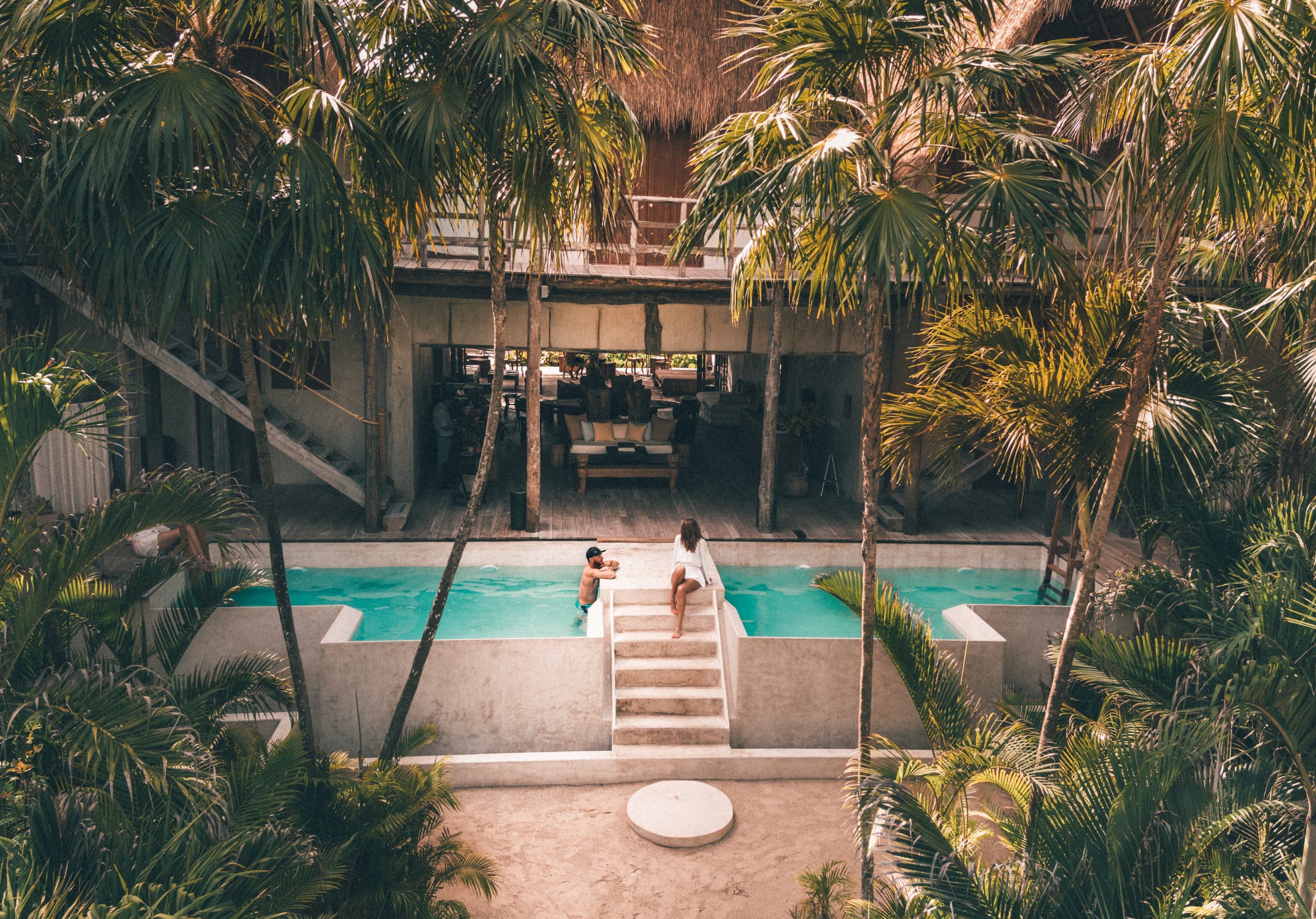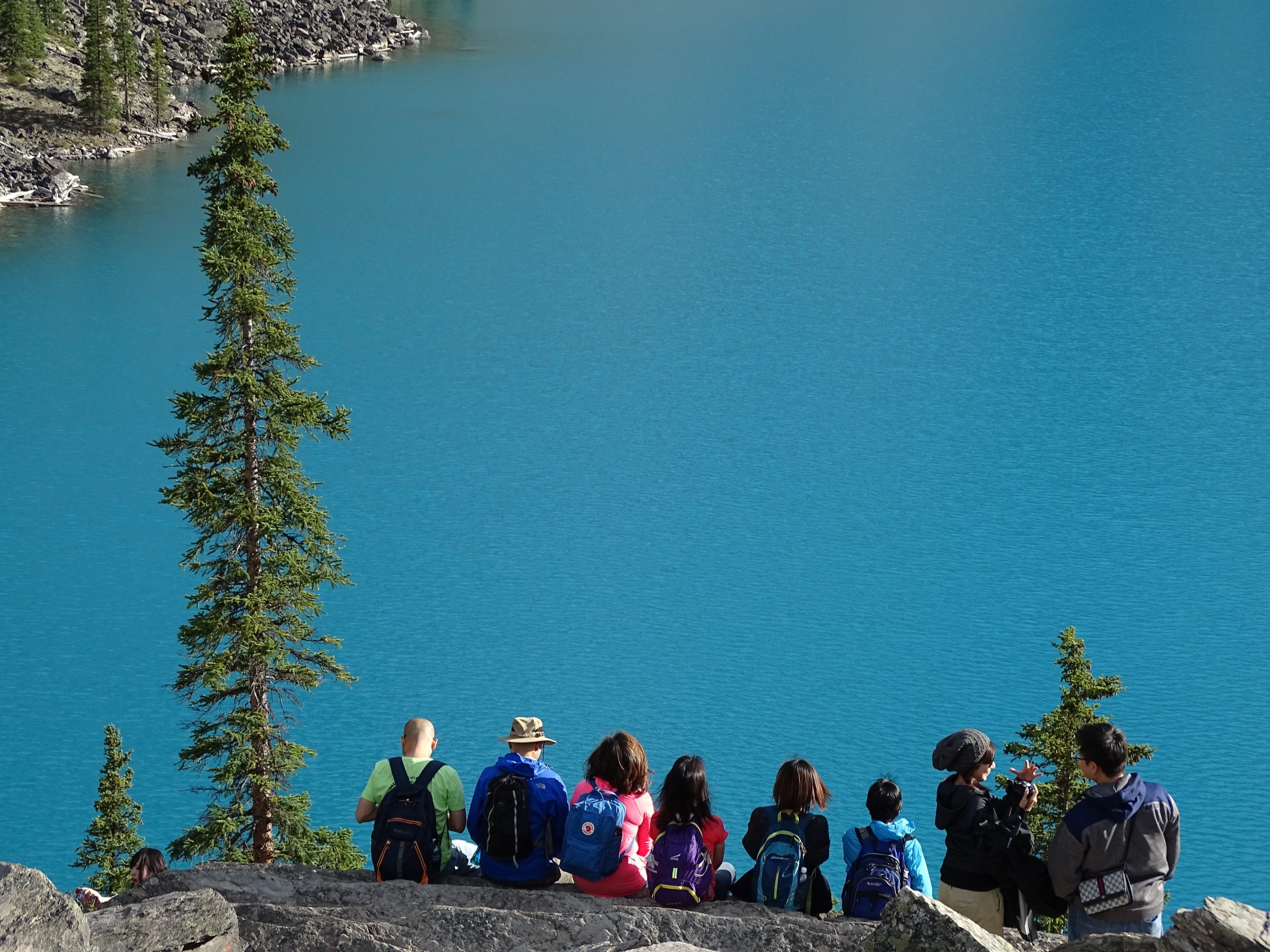The new era of luxury sustainability in hospitality
We have been discussing how 2023 is the year of sustainability across all sectors. However, this time, I am pleased to address a crucial aspect of this paradigm shift: sustainability in the hotel industry applied to luxury, which translates into the pursuit of a balance between exclusive comfort and environmental responsibility. That said, hotel sustainability is not a trend but a solid commitment to preserving the environment and the local community. Incorporating this concept into luxury goes beyond a mere "green" label and manifests in specific practices aimed at reducing the environmental and social impact of the hotel industry. Eco-Luxury stands as an example of industry progress, reflecting the increasing awareness among both hoteliers and travelers. The integration of sustainable practices in the luxury sector is not only appealing to environmentally conscious travelers but also contributes to preserving local traditions, supporting community livelihoods, and ensuring the conservation of natural resources for future generations. Growing trend and market data According to Facts and Factors, the global luxury hotel market was valued at approximately $95.11 billion in 2021 and is expected to reach $160.48 billion by 2028, with a compound annual growth rate (CAGR) of about 4.95% between 2022 and 2028. On the other hand, according to
Sub-Tourism: An Alternative to Addressing the Challenges of Mass Tourism
Tourism is one of the world's largest industries, and its growth has been steady in recent years. According to data from the World Tourism Organization (UNWTO), in 2019, an estimated 1.465 billion international trips were made, marking a milestone in the industry's history. However, the COVID-19 pandemic in 2020 represented an unprecedented setback for the sector. With grounded airplanes, closed hotels, and travel restrictions worldwide, the number of trips plummeted dramatically to 406.98 million. Despite the challenges faced by the industry, UNWTO reported that by 2022, approximately 962.80 million trips were recorded worldwide, demonstrating astonishing growth of 136.95% compared to 2020. These figures underscore the sector's resilience and adaptability, prompting questions about how we can maintain a balance between this rapid growth and sustainability. One of the most pressing challenges of mass tourism is its impact on the environment and local communities. The overexploitation of tourist destinations can deplete natural resources and disrupt the daily lives of host populations. In response, UNWTO has acknowledged these issues and promotes sustainable tourism as a solution. This involves adopting environmentally friendly practices and fostering healthy cultural interaction. In this context, the concept of "sub-tourism" emerges as an alternative. It involves seeking more authentic and less crowded
Investment in community tourism: a way to support the sustainable development of local communities
At present, community tourism has become an attractive form of investment for many investors. By investing in community-based tourism, investors not only have the opportunity to earn financial gain, but also to have a positive impact on society and the environment. This type of activity focuses on promoting the economic and social development of local communities through sustainable and responsible tourism, through the inclusion of local communities in the development of sustainable tourism activities and projects. One of the most common ways to invest in it is through the purchase of tourist properties. This includes the acquisition of hotels, guest houses, restaurants and other tourist establishments. In this sense, local communities are the main beneficiaries of the tourist activity, since they are given the opportunity to develop and offer unique tourist products, such as nature tours, craft workshops, traditional foods, among others, which allow the visitor to experience the local culture in an authentic and genuine way. In conclusion, community tourism is a tourism alternative that seeks to promote sustainable and responsible development of local communities, while providing an authentic and enriching experience to travelers. In this way, a conscious travel style is encouraged that supports both local communities and the preservation of the



